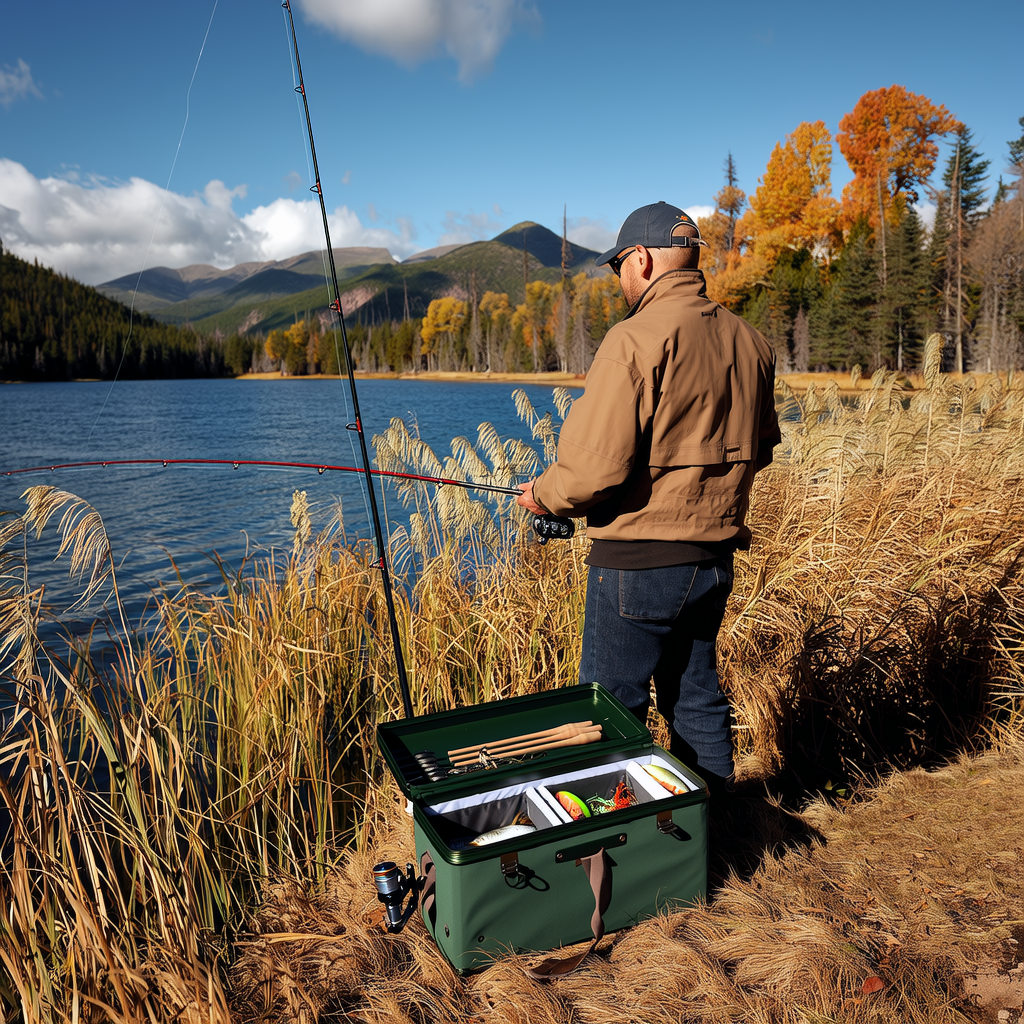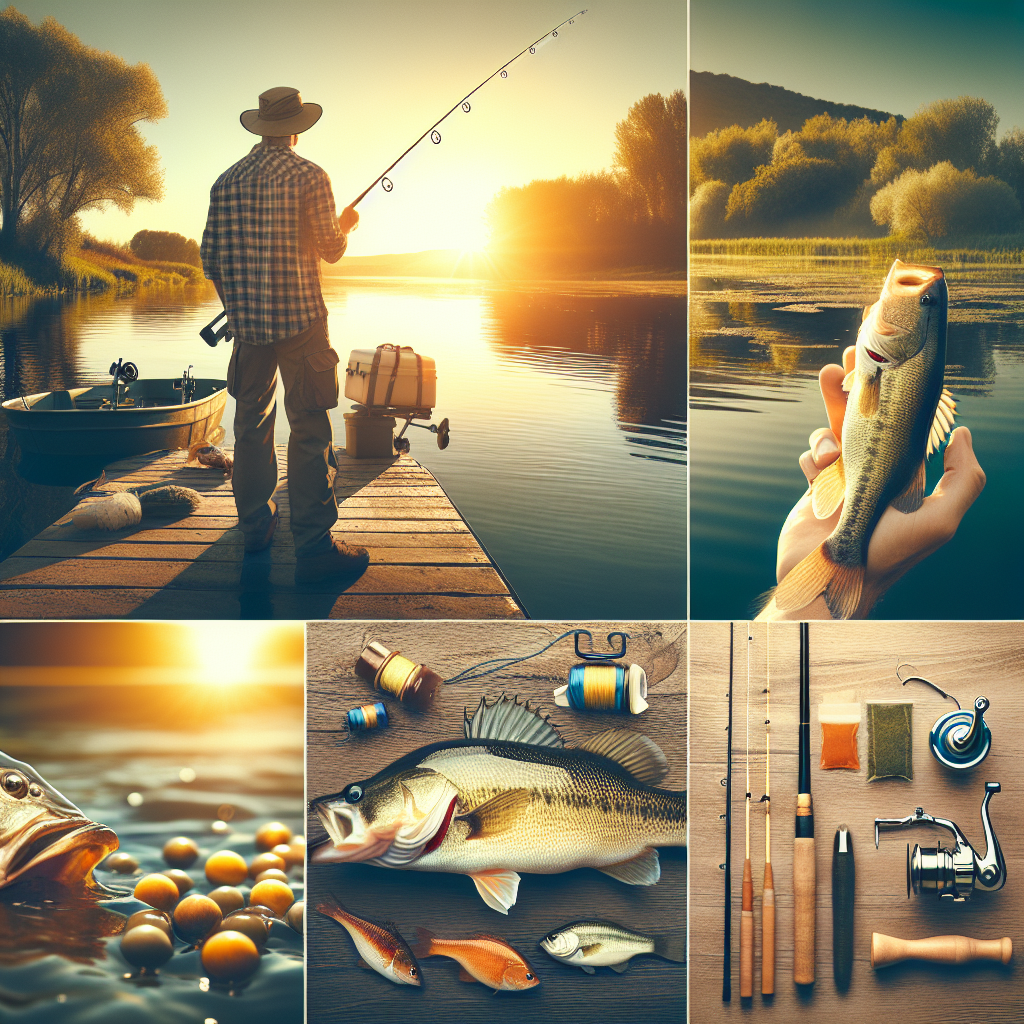Introduction
A commercial fishing licence is a legal requirement of individuals or businesses that fish and harvest shellfish and other marine resources commercially. This permit allows for commercial fishing, which is beneficial to both small-scale businesses and large commercial enterprises. A commercial fishing license ensures the management and regulation of fisheries to maintain sustainable fishing methods and protect marine ecosystems.
Commercial Fishing Licenses Types
Commercial fishing licenses can be issued based on both the type of fishing and the species targeted. Commercial fishing licenses can include:
1. Finfish fishing license
This type of fishing license allows you to fish for finfish. Finfish includes salmon, tuna cod, haddock and other species.
2. Shellfish Fishing License
Shellfish fishing licenses are required by individuals and businesses who harvest mollusks or crustaceans such as clams, lobsters and crabs.
3. Aquaculture License
Aquaculture licenses are required for those who farm and cultivate fish and other aquatic organisms under controlled conditions, such as in fish farms and hatcheries.
4. Commercial Charter Fishing License
Charter boat operators that provide fishing trips or services to recreational fishermen for a fee will need this license.
Regulations and Requirements
To obtain a commercial fishing licence, you must comply with a number of rules and regulations established by the regulatory authorities. These regulations can vary depending on the jurisdiction or the type of license requested. Some common requirements include:
1. Age and Residence
The applicant must be at least 18 years old and show proof of residency within the jurisdiction in which the license is sought.
2. Fishing Experience
In some cases, applicants will be required to show sufficient fishing experience or complete a relevant training program.
3. Vessel Registration
Registration of the vessel is usually required for fishing operations that are conducted on boats and vessels.
4. Catch Reporting
Commercial fishermen are often required by law to accurately report their catch including species, quantities and locations to assist in fisheries and stock assessment efforts.
5. Compliance with fishing seasons and limits
To control fishing effort and conserve stocks, fisheries are managed through the setting of specific seasons and catch limitations. Commercial fishermen must comply with these regulations.
Benefits of Commercial Fishing License
A commercial fishing license can offer several benefits to individuals and businesses in the fishing industry. Some of the key benefits include:
1. Legal Authorization
A commercial fishing licence is a legal authorization for fishing activities to be conducted for commercial purposes. It ensures compliance with the fisheries laws.
2. Market Access
Commercial fishers who hold valid licenses can access commercial seafood markets. They can sell their catch to seafood processors and distributors as well as restaurants.
3. Economic Opportunities
Commercial fishing licenses allow individuals to earn income by selling fish or seafood harvested, supporting local economies and livelihoods.
4. Natural Resource Stewardship
By obtaining a license for commercial fishing, fishermen actively participate in sustainable fishing practices while promoting the conservation and protection of marine resources.
Application Process for a Fishing License
The process of applying for a fishing license is usually comprised of the following steps.
1. Research
It is important to research the requirements, regulations and fees for the license you wish to obtain before applying.
2. Completing the application
The applicant must complete the application form accurately, including all personal and business details, fishing experience, and vessel information if applicable.
3. Meeting the Requirements
Before submitting your application, ensure that you meet all requirements such as age, residence, fishing experience and vessel registration.
4. Submitting an Application
The application should be submitted along with all required documents to the relevant fisheries or licensing authority.
5. Review and approval of applications
The licensing authority will review the application and, if all the requirements are met, a license will be issued.
Renewal and compliance
Commercial fishing licenses usually have a limited validity period. After that, they must be renewed. To maintain a valid fishing license, it is important to adhere to all license conditions and regulations.
Conclusion
A commercial fishing licence is essential for anyone or any business that engages in commercial fishing. It gives you legal authorization, access to markets, economic opportunities and promotes sustainable fishing practices. Commercial fishing licenses allow fishers to play a major role in the conservation and management marine resources by obtaining them and adhering to their terms.




